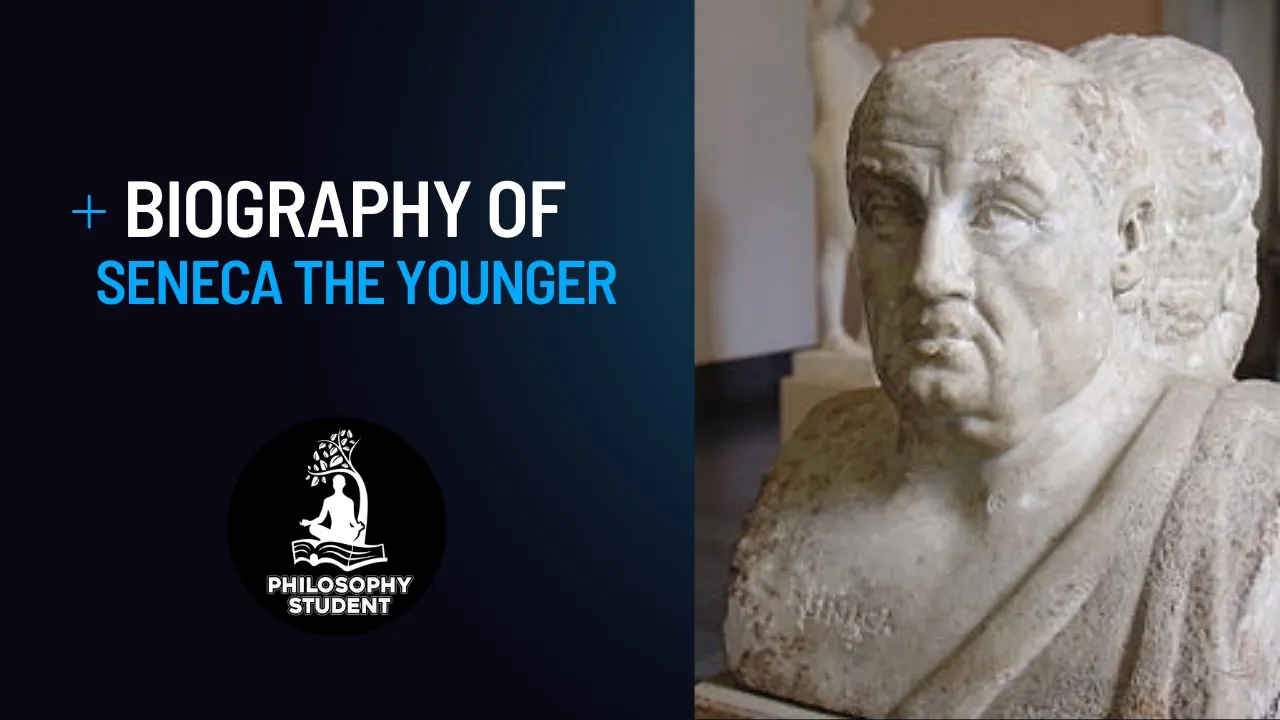Lucius Annaeus Seneca was born about 4 BC in Cordoba, Hispania (modern Spain) and was a dramatist as well as a Roman Stoic philosopher. The son of a rhetorician, he left Cordoba for Rome as a child and was trained there in law, rhetoric, and philosophy. As a young man, he earned fame as an orator but in AD 41 was banished to Corsica by Emperor Claudius. Agrippina, the mother of Nero, engineered Seneca’s recall to Rome so that he could serve as her son’s tutor.
When Nero ascended the throne in 54, Seneca served alongside Sextus Afranius Burrus as the young emperor’s adviser. Indeed, thanks to his advisors, for the first few years of his reign, Nero managed to provide a decent government. With the death of Burrus in 62, however, Seneca’s influence over Nero rapidly declined, and he effectively retired. Implicated (probably unjustly) in an assassination plot against the emperor, Seneca obeyed Nero’s order to commit suicide, which he did by opening his veins in 65.
As a practicing politician, Seneca was both greedy and corrupt, but as a philosopher, he expressed the Stoic creed in moral essays collected in Epistulae Morales ad Luclilium (Moral Epistles to Lucilius) and in his nine tragedies, the best known of which are Medea, Thyestes, and Hercules Furens. His dramatic works exerted a powerful influence on the development of Renaissance tragedy, and his philosophical works were central to the revival of Stoic concepts in the Renaissance. Even today, many philosophy students form their ideas of Stoicism based on Seneca rather than on the Greek originators of the philosophy, whose writings survive—when they do at all—largely in fragmentary form.
Because Seneca’s political career was turbulent and hazardous, his philosophical writings have often been taken as autobiographical, especially in his development of the Stoic ideal of finding consolation in philosophy. In addition to the Moral Epistles, Seneca wrote Naturales quaestiones, a work of natural philosophy—a subject rarely explored by the Roman philosophers. But it is for his exposition of Stoic ethics in Moral Epistles that Seneca is most remembered as a philosopher. He articulated the principles that philosophy is consolation for the suffering of life; that the task of a truly moral man is to suppress or at least moderate such destructive passions as anger and grief; and that the ultimate objective of the contemplative life is preparation for facing death. In the Moral Epistles, he extols a willingness to suffer poverty (something he never himself did), and celebrates the power of clemency and forgiveness, the importance of friendship, and the need for altruism. Seneca grounded his Stoic ethics in a belief that the universe is controlled by a rational providence, which demands reconciliation to individual adversity.



































